Explore Inside a Standard Korea Medical Tourism Package
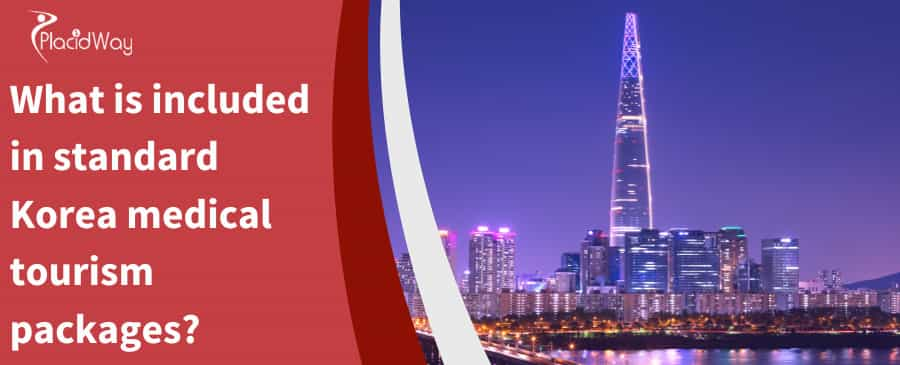
South Korea has emerged as a global leader in medical tourism, attracting thousands of international patients each year, particularly for its advanced plastic surgery, dermatology, health check-ups, and specialized treatments like oncology and orthopedics. Many patients from around the world are drawn to Korea for its high-quality healthcare, innovative technologies, and often more competitive pricing compared to Western countries. When considering medical treatment abroad, understanding what a typical package includes is crucial for planning your trip and ensuring a seamless experience.
Korean medical tourism packages are designed to provide a comprehensive and convenient experience, often bundling various services beyond just the medical procedure itself. These packages aim to minimize the stress of international travel for healthcare, offering support from your arrival to your departure. While inclusions can vary based on the clinic, the type of treatment, and the specific package chosen (e.g., standard vs. VIP), there are several common components you can generally expect. This guide will detail what's typically part of a standard Korea medical tourism package, helping you prepare for your healthcare journey.
What medical services are typically included in Korea medical tourism packages?
The core of any Korea medical tourism package revolves around the medical services themselves. These are the fundamental components that address your healthcare needs and ensure you receive the intended treatment.
- Thorough Consultations: This includes initial virtual or in-person consultations with specialists and surgeons to discuss your condition, treatment options, and expected outcomes.
- Medical Tests and Diagnostics: Packages often cover necessary pre-operative tests such as blood work, imaging (X-rays, CT scans, MRIs), and other diagnostic procedures required for an accurate diagnosis and treatment plan.
- Surgery or Procedure: This is the main component, encompassing the specific medical or cosmetic procedure, along with anesthesia and the use of the hospital's facilities.
- Initial Post-operative Care: This typically includes immediate recovery room care, hospital stays (if required), and initial follow-up consultations before you are discharged.
For specialized procedures like plastic surgery, dermatology, or health check-ups, the package will be tailored to the specific services offered by the clinic or hospital, such as particular laser treatments, types of health screenings, or specific surgical techniques.
Do Korea medical tourism packages include accommodation?
Accommodation is a significant aspect of convenience for international patients, and many Korea medical tourism packages recognize this. Having pre-arranged lodging takes a lot of planning burden off the patient.
- Hotel Stays: Standard packages frequently include arrangements for stays in comfortable hotels, often 4-5 star establishments, for the duration of your treatment and initial recovery. Breakfast is commonly included.
- Serviced Apartments: For longer stays, some packages might offer serviced apartments, which provide more home-like amenities and flexibility.
- Proximity to Clinic/Hospital: The arranged accommodation is usually located conveniently close to the medical facility to minimize travel time and discomfort, especially during post-operative recovery.
It's important to clarify the exact duration of the included accommodation and whether it covers companions if you are traveling with someone. Some premium packages might offer extended stays or more luxurious options.
What transportation services are typically covered in these packages?
Navigating a new city, especially after a medical procedure, can be challenging. Therefore, convenient transportation is a key inclusion in most Korea medical tourism packages.
- Airport Transfers: This typically covers private vehicle transfers from the airport to your accommodation upon arrival and back to the airport for your departure.
- Clinic and Hospital Transfers: You can expect transportation to and from the medical facility for all your consultations, procedures, tests, and follow-up appointments. This is usually provided via private vehicle for your comfort and ease.
- Complimentary Follow-ups: Some packages even offer complimentary transportation for follow-up check-ups within a specified period post-surgery, demonstrating a commitment to continued care.
These transportation services ensure that you can focus on your recovery without worrying about logistics, traffic, or public transport systems.
Are translation services provided in Korea medical tourism packages?
Language barriers can be a significant concern for international patients. To ensure clear and effective communication, translation services are a standard and highly valued component of Korean medical tourism packages.
- Professional Medical Interpreters: You will typically have access to professional medical interpreters who can facilitate communication during consultations, examinations, procedures, and post-operative discussions. These interpreters are usually proficient in English, Chinese, Japanese, Russian, Arabic, and Mongolian, among other languages.
- Dedicated Coordinators: Many hospitals and facilitators provide international patient coordinators who are multilingual and can assist with all aspects of your medical journey, acting as a liaison between you and the medical staff.
- Document Translation: Important medical documents, consent forms, and aftercare instructions may also be provided or translated into your preferred language.
This ensures that you fully understand your diagnosis, treatment plan, and any instructions for your recovery, leading to a safer and more comfortable experience.
What kind of post-procedure support and follow-up care is typically included?
A comprehensive Korea medical tourism package extends beyond the immediate procedure to ensure a smooth recovery. Post-procedure support is a vital component:
- Personalized Care Plans: You will receive detailed instructions for your recovery, including medication schedules, wound care, dietary advice, and activity restrictions.
- Follow-up Appointments: Packages typically include scheduled follow-up visits with your surgeon or specialist while you are still in Korea to monitor your healing process and address any immediate concerns.
- Medication and Prescription Guidance: Assistance with understanding your prescribed medications and where to obtain them will be provided.
- Remote Support: Some clinics offer remote consultations via telemedicine after you return to your home country, allowing for ongoing monitoring and support without the need for additional travel.
This integrated approach to post-operative care aims to optimize your recovery and ensure continuity of medical attention.
Do packages include assistance with visa applications or other travel documents?
Navigating international travel requirements can be complex, and medical tourism providers in Korea often offer support to simplify this process.
- Visa Guidance: While they may not directly apply for the visa on your behalf, packages often include guidance on the necessary documents and procedures for obtaining a medical visa for South Korea.
- Invitation Letters: The medical institution will typically provide official invitation letters, which are often a requirement for medical visa applications.
- Required Information: You may be asked to provide passport details, nationality, contact information, and medical reports to facilitate the process.
It's always recommended to check the specific visa requirements for your nationality well in advance of your planned travel, as regulations can change.
Are cultural experiences or sightseeing tours part of standard packages?
Beyond the medical aspects, South Korea offers a rich cultural experience. Many medical tourism packages incorporate elements of leisure and exploration, especially for procedures with shorter recovery times.
- Curated City Tours: These can include visits to famous landmarks, historical sites, and popular shopping districts in cities like Seoul.
- Shopping Excursions: Given Korea's reputation for fashion and beauty, shopping tours are a popular inclusion.
- Optional Add-ons: While some basic packages might include a brief cultural component, more extensive sightseeing tours and cultural experiences are often available as customizable add-ons or are part of higher-tier VIP packages.
These cultural inclusions help patients relax and enjoy their stay, balancing medical appointments with opportunities to explore the country's vibrant culture.
What types of medical treatments are most popular in Korea medical tourism packages?
South Korea has developed a strong reputation in several medical specialties, which are frequently featured in its tourism packages. The most sought-after treatments include:
- Plastic Surgery: Korea is globally renowned as a hub for plastic surgery, with procedures like double eyelid surgery, rhinoplasty (nose jobs), facelifts, breast augmentation, and liposuction in South Korea being highly popular.
- Dermatology and Skin Treatments: Advanced skincare, laser treatments, anti-aging therapies, and treatments for various skin conditions are a major draw.
- Comprehensive Health Check-ups: Many tourists visit for thorough "smart" or "fast-track" health screenings that include advanced diagnostics for early detection of diseases.
- Oncology (Cancer Treatment): Korean hospitals are known for high survival rates and advanced treatments for various cancers, including proton therapy and robotic surgeries.
- Orthopedics: This includes spinal surgeries, joint replacements (hip, knee), and treatments for sports injuries, often using minimally invasive techniques.
- Dentistry: Services ranging from dental implants and orthodontics to cosmetic dentistry in South Korea are also popular.
- Infertility Treatment: Advanced fertility treatments like IVF are also a significant area of medical tourism.
These specialties are backed by highly skilled medical professionals, state-of-the-art technology, and a focus on patient outcomes.
Are recovery therapies or wellness treatments ever included in packages?
To enhance the healing process and overall well-being, some Korea medical tourism packages, especially premium or customizable ones, offer additional recovery and wellness therapies.
- Hyperbaric Oxygen Therapy: This therapy can aid in faster healing and is sometimes offered as an add-on.
- Vitamin Infusions: Intravenous vitamin therapies are popular for boosting recovery and energy levels.
- Post-operative Massages and Skincare: For cosmetic surgery in South Korea, specialized massages and skincare treatments may be included to reduce swelling and improve results.
- Nutritional Therapy: Some packages might offer customized meal plans or nutritional guidance to support recovery.
These supplementary treatments are designed to optimize comfort and speed up the patient's recuperation, contributing to a more holistic medical tourism experience.
What level of personalized support can patients expect from medical tourism packages?
One of the key advantages of Korea medical tourism packages is the personalized support designed to make the patient's journey as smooth and stress-free as possible.
- Dedicated Case Manager/Concierge: Many services provide a personal case manager or concierge who acts as your primary point of contact from your initial inquiry to your post-treatment departure.
- 24-Hour Access: In premium packages, you might have 24-hour access to your case manager for urgent needs or questions.
- Scheduling and Coordination: The coordinator will handle all appointments, transfers, and logistical arrangements related to your medical care.
- Customized Itineraries: Services often tailor the entire itinerary, balancing medical appointments with leisure activities and personal preferences.
This dedicated support aims to provide peace of mind and ensure all your needs are met throughout your stay.
Are flights typically included in Korea medical tourism packages?
While many aspects of the ground experience are covered, international flights are usually not part of the standard inclusions in Korea medical tourism packages. Patients are typically expected to arrange and pay for their own airfare to and from South Korea.
- Booking Responsibility: You will be responsible for booking your round-trip flights.
- Facilitator Assistance: Some medical tourism facilitators might offer assistance with flight booking as an additional service or provide recommendations for flight routes.
- Flexibility: This arrangement gives patients the flexibility to choose their preferred airline, travel class, and departure/arrival times.
Always confirm this detail with your chosen provider to avoid any misunderstandings regarding travel costs.
What about insurance coverage for medical tourism in Korea?
Insurance is a critical consideration for any international travel, especially for medical purposes. Standard Korea medical tourism packages typically do not include comprehensive insurance coverage.
- Patient Responsibility: It is generally the patient's responsibility to acquire suitable travel insurance and medical complications insurance that specifically covers overseas medical treatment.
- Coverage Details: Ensure your insurance policy covers unexpected complications, emergency medical evacuation, and extended stays if necessary.
- Direct Billing: Inquire if the hospital has agreements with international insurance providers for direct billing, which can simplify payment processes.
Always review your insurance policy thoroughly and clarify any uncertainties with your insurance provider before your trip.
Are meals included in the medical tourism packages in Korea?
Meal inclusions in Korea medical tourism packages can vary. It's important to clarify what food services are provided:
- Breakfast: If hotel accommodation is included, breakfast at the hotel is often part of the package.
- Hospital Meals: During any hospital stay for your procedure and initial recovery, meals will typically be provided by the hospital.
- Full Board: All-inclusive meal plans (lunch and dinner) are generally not standard and are usually only found in more luxurious or VIP packages, or as an optional add-on.
For other meals, patients are typically responsible for their own dining expenses, giving them the flexibility to explore local cuisine or choose options that suit their dietary needs.
For seamless guidance on selecting trusted international hospitals and planning your medical journey, explore PlacidWay's comprehensive solutions.




.png)




.png)
.png)
.png)
.png)
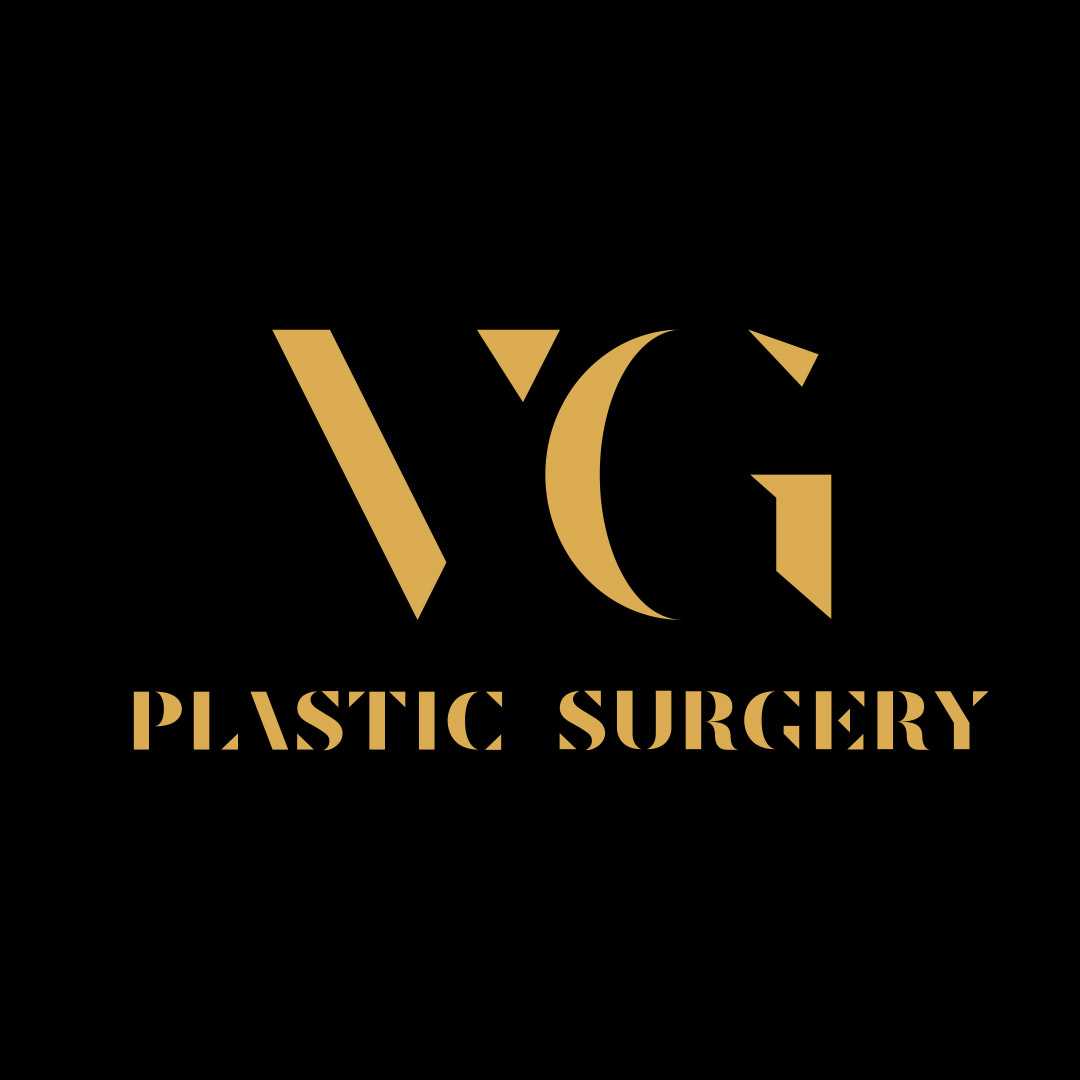
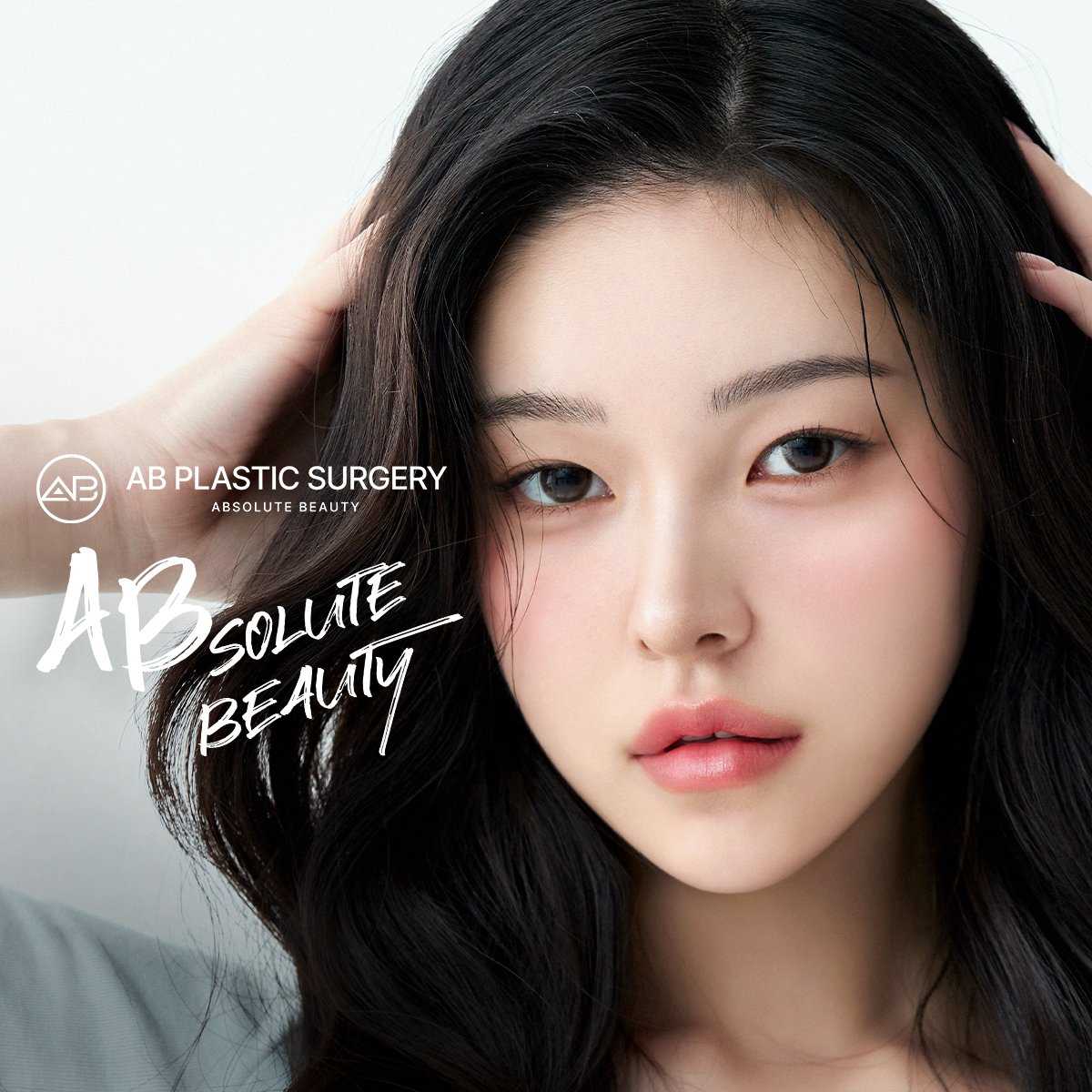
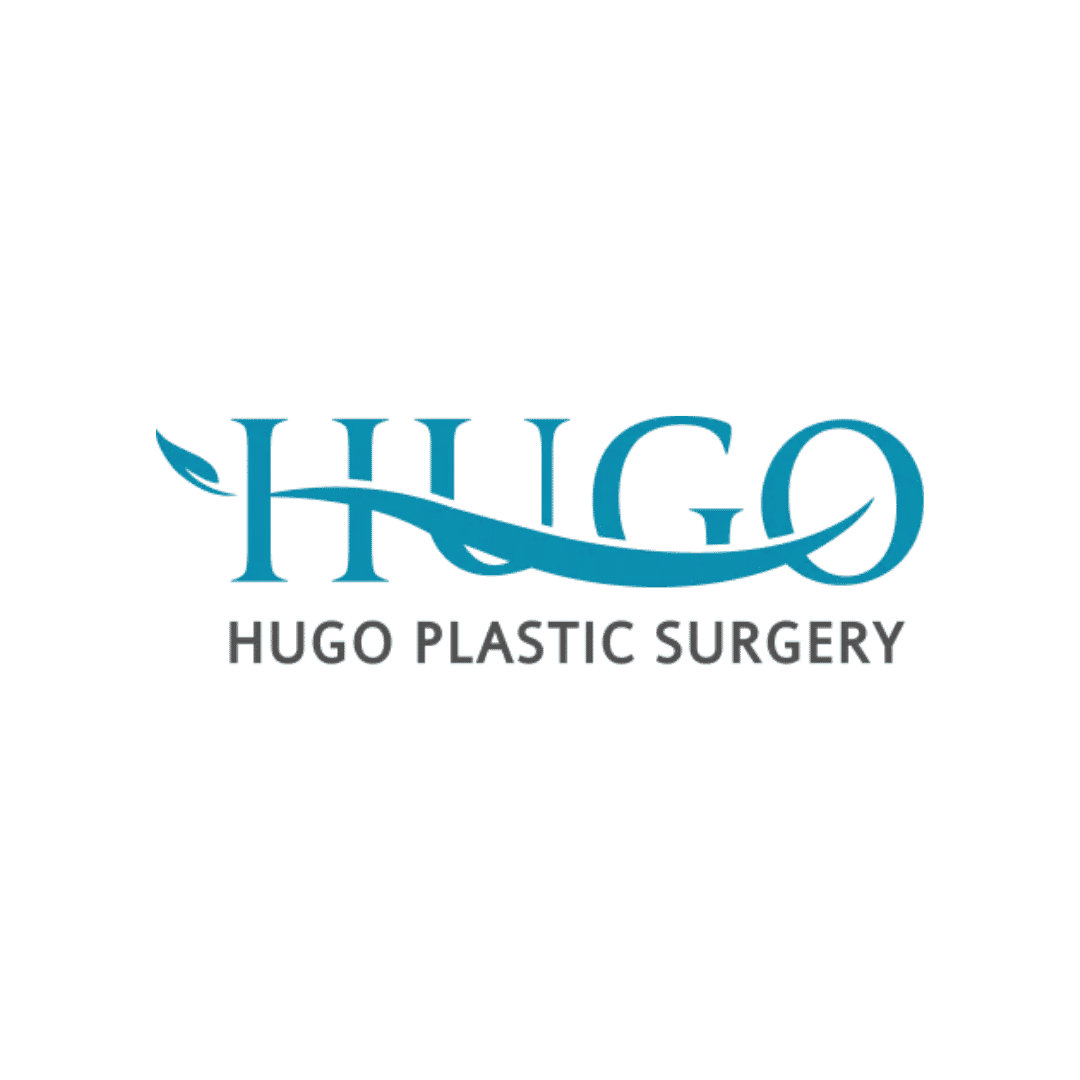
.png)
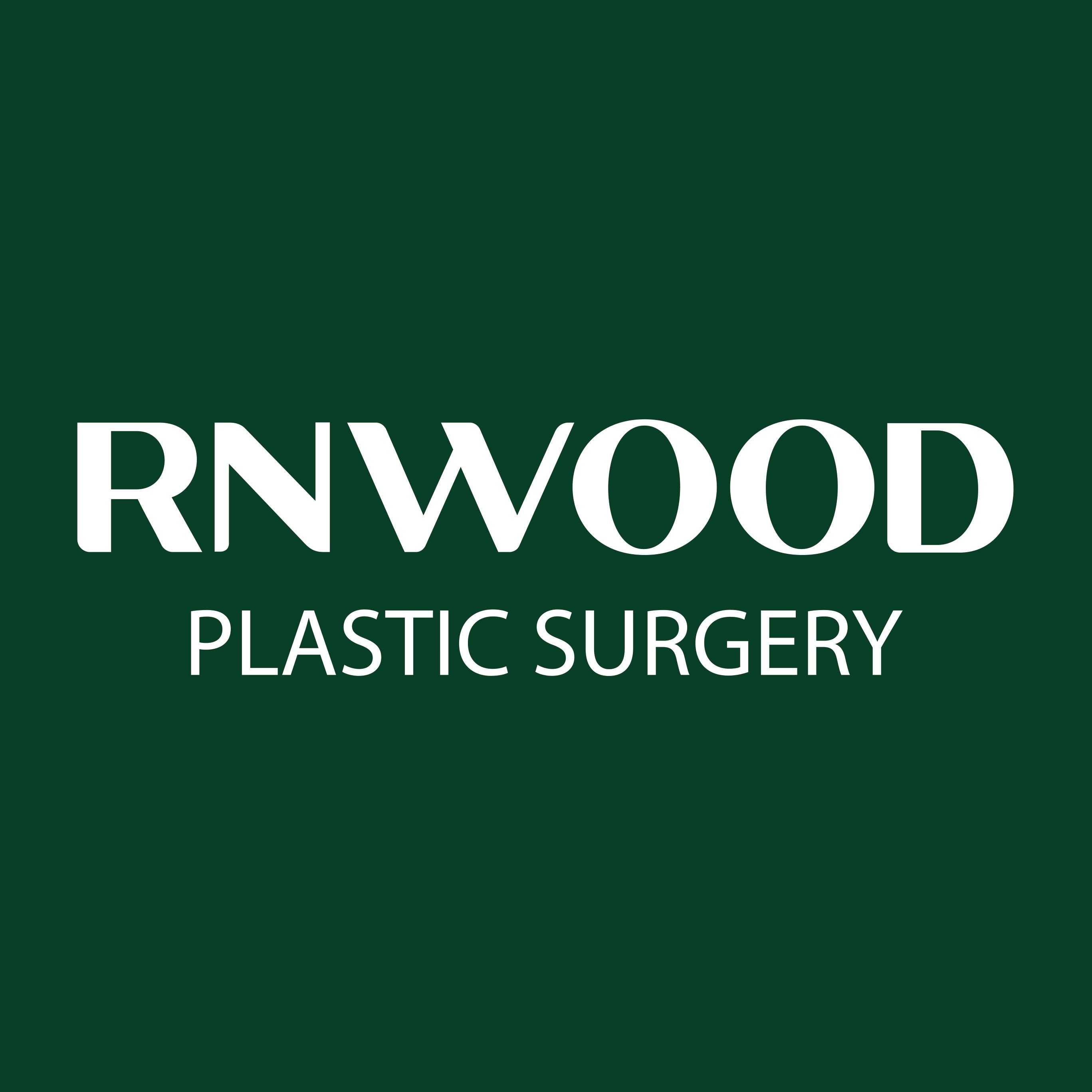

Share this listing